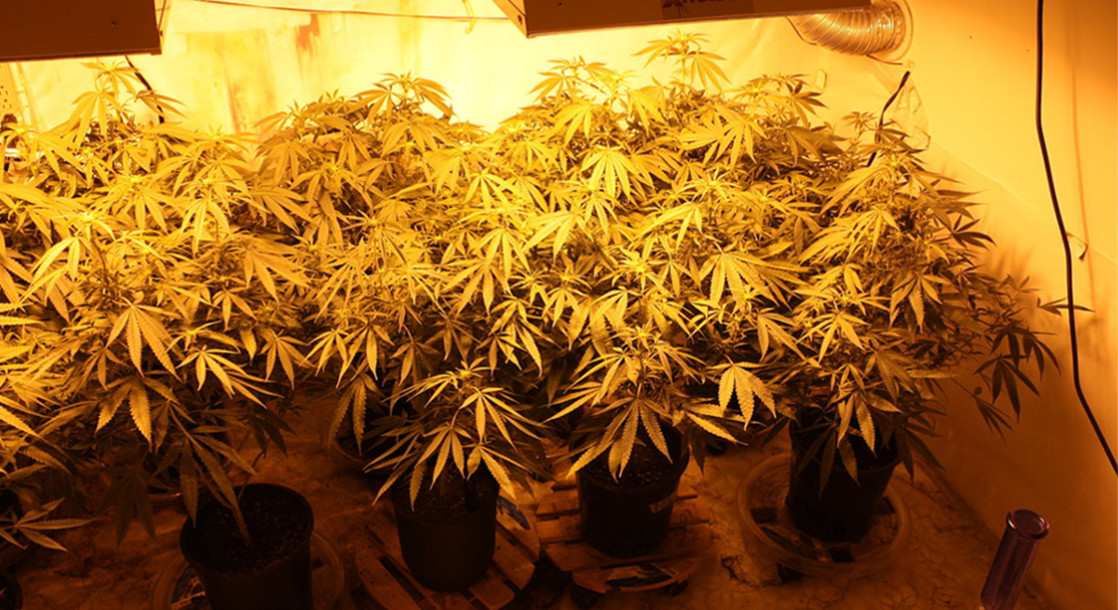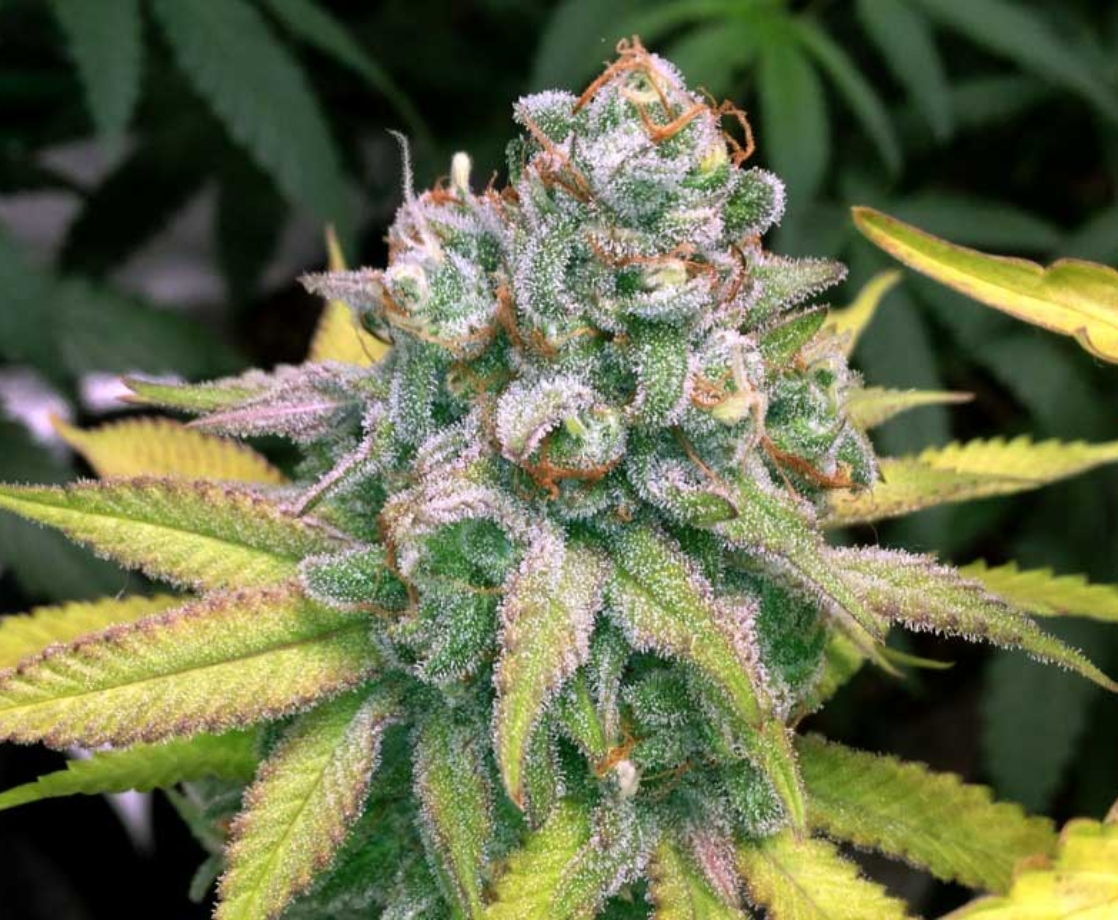Photo via Cannabis Training University
A Florida court has ruled that one specific medical cannabis patient can grow his own marijuana to be used in a plant-juicing regimen recommended by his doctor. The state's exceptionally strict medical marijuana laws forbid home grows, but Judge Karen Gievers ruled that 77-year-old Tampa resident and cancer patient Joe Redner could be personally exempted from this restriction.
Florida voters approved Amendment 2, an expansion of the state's limited medical cannabis program back in 2016, but state legislators soon passed an extremely restrictive set of regulations for the new industry. These rules ban patients from growing or smoking cannabis plant material, using edibles, and even set restrictions for vaping.
"Florida law only allows the licensed dispensing organizations to grow, process and dispense marijuana," the health department clearly states on its website. "The department will refer any business or individual suspected of violating state law to local law enforcement for investigation."
Redner, a strip club owner suffering from lung cancer, sued the Florida Department of Health over this prohibition, arguing that he was entitled to grow medical cannabis under Amendment 2, because the specific modality of cannabis recommended by his doctor is not legally available at Florida dispensaries. Judge Gievers agreed with Redner, writing in her ruling that "under Florida law, Plaintiff Redner is entitled to possess, grow and use marijuana for juicing, solely for the purpose of his emulsifying the biomass he needs for the juicing protocol recommended by his physician.”
Gievers also wrote that the state health department "has still not complied with the [state] Constitution” and is “violating its constitutional duty and mandated presumptive regulation.” Leslie Sammis, attorney and member of the National Organization for the Reform of Marijuana Laws (NORML) legal committee, told the Tampa Bay Times that "the Legislature failed to act and that has a lot of consequence. This case is one of them.” Sammis believes the “state and the health department should focus their energy on coming into compliance with this court order instead of stalling until it’s forced upon them by the courts.”
Although the ruling only applies to one individual, Redner and his attorney Luke Lirot insist that their case sets a precedent allowing any Floridian to challenge the regulations prohibiting home grows. "With this order, [patients] can go to their doctor now, and as long as they have a good enough reason to need to possess a plant, be it because they can’t afford the medicine at the dispensaries, as long as they have a recommendation anyone should be allowed to grow," Redner said to the Tampa Bay Times. "The cat is out of the bag. There’s no way to stop this now."
The court case is far from over, though. The Department of Health has appealed, and legal experts expect that it will take years before the issue is finally resolved in court. "The appellate process takes a long time, and in this case, it’s going to affect Redner’s life exclusively," Jay Wolfson, a professor at Stetson University College of Law, explained to the Times. "Because this issue is big enough, no matter who loses in appeals, the case will go on the state supreme court after this. You can bet on that."
Even though he won this case, Redner will not be legally allowed to grow his own pot until the Health Department’s appeal is heard in court. In the meantime, some dispensaries are finding creative ways to work around the state's restrictions, by offering whole-plant marijuana which they state is only intended for vaporizer use (wink, wink).











